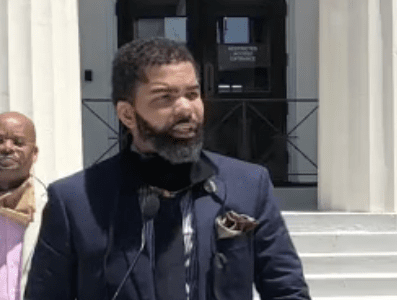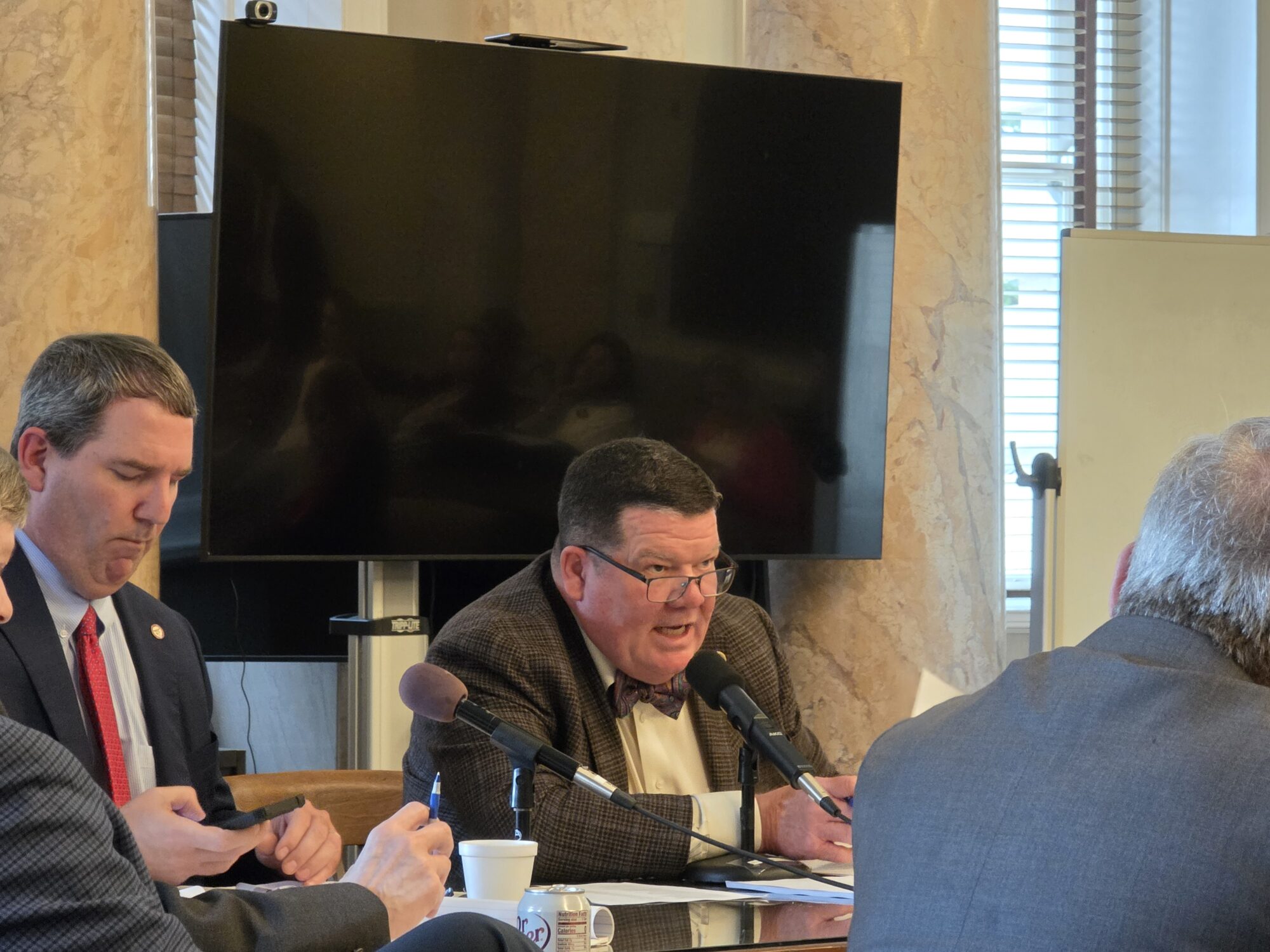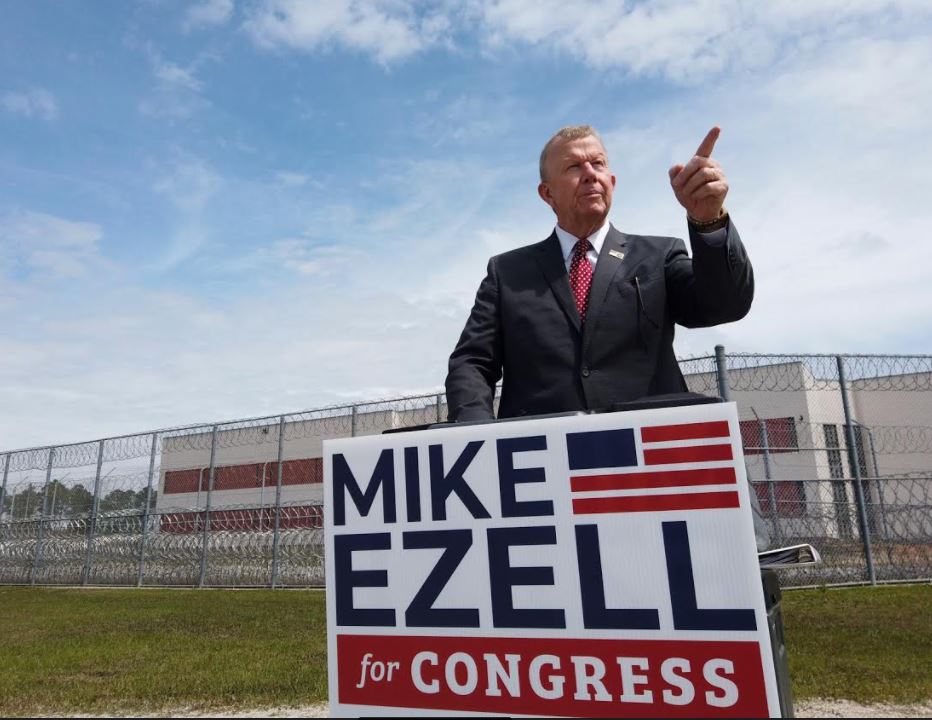
The case of a mayor having the power to veto a “no” vote is being taken up by the Mississippi Supreme Court.
After one ruling calling Mayor Chokwe Lumumba’s suit against the Jackson City Council “nonsensical,” the Mississippi Supreme Court has agreed to hear the mayor’s appeal.
The court granted an expedited appeal in the suit, fast tracking filings by both sides.
In Lumumba’s brief that was filed on Monday, his attorneys argue that he maintains executive power over the city as well as the City Council, which would allow him to veto a “no” vote by the council.
The case rests on the disagreement between Lumumba and City Council over the city’s garbage contract. Lumumba proposed Richard’s Disposal in early 2022, which was not acted on by Council. He then attempted to override their “no” vote by hiring Richards Disposal anyway.
The Louisiana-based garbage haulers have been collecting trash since April and recently told the city they would cease trash collection if not paid for their 6 months of work.
RELATED: City of Jackson reaches temporary agreement with Richard’s Disposal
WAPT reported on Friday that the city has reached an agreement with Richard’s Disposal that will continue garbage collection for residents. The city of Jackson agreed to pay $4.8 million for the garbage collection.
The city has continued to collect fees from residents for waste collection, despite non-payment to Richard’s over that time period.
The brief filed by Mayor Lumumba’s team notes:
The City of Jackson, Mississippi is governed by a mayor-council form of government. The Mayor exercises the executive power of the municipality and the City Council exercises the 1 legislative power of the municipality, except as may be otherwise provided by general law. Unlike other forms of municipal governments, such as the more restrictive Code Charters under Miss. Code Ann. §§21-3-1 through 21-3-25, the statutory scheme of a mayor-council form of government calls 3 for a strong mayor with a weaker council.
The original opinion by Judge Larry Roberts agreed with the Attorney General’s interpretation of the matter that “when a matter is not passed by the city council, it is a negative action to which the mayor does not have the power to veto. It’s an inaction; there’s nothing there to veto. The Council did not pass affirmatively a matter; it rejected it.”
City Council attorneys have until October 25 to file their brief in response.
You can read the full brief below:
web0001.SCT.2022-CA-855.73496.0 by yallpolitics on Scribd











